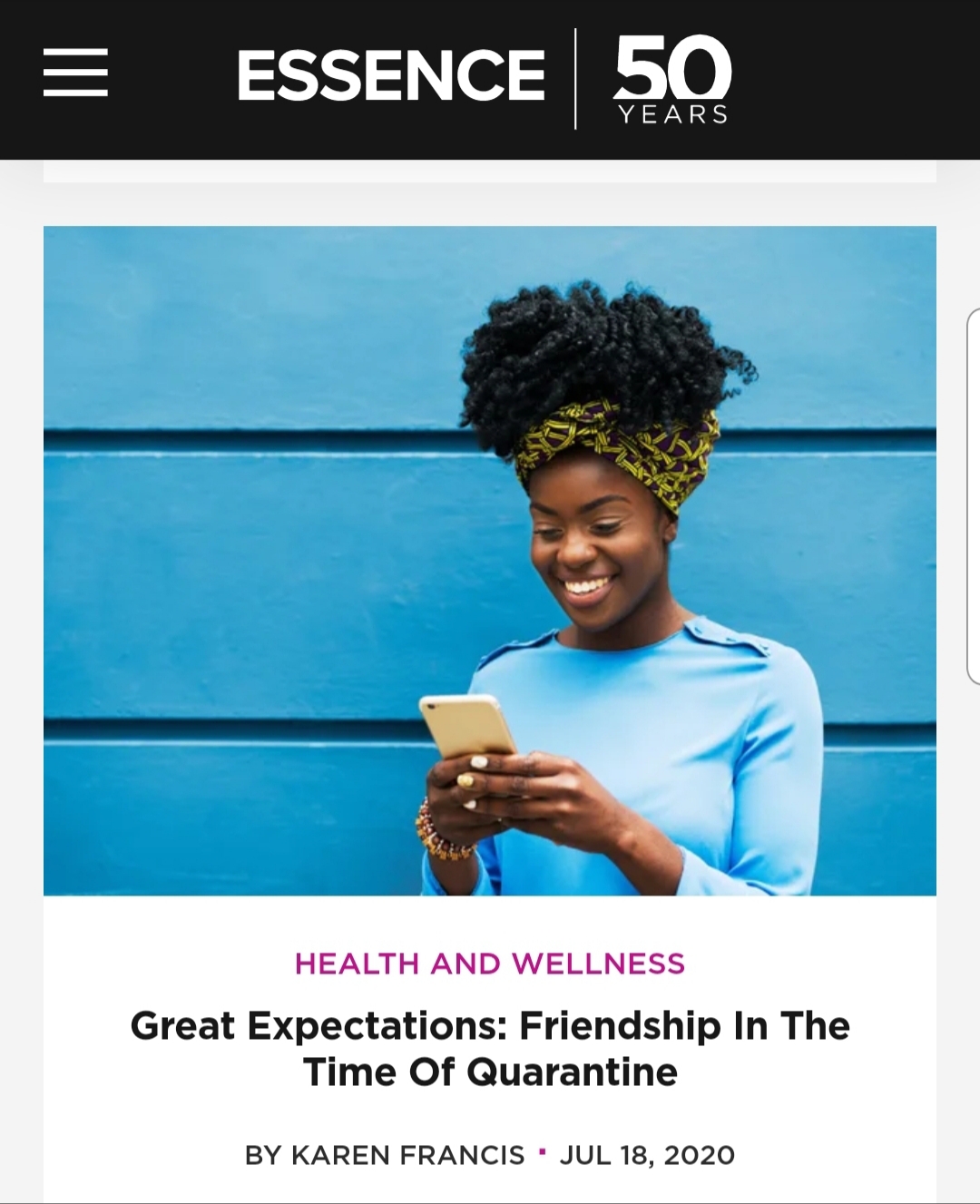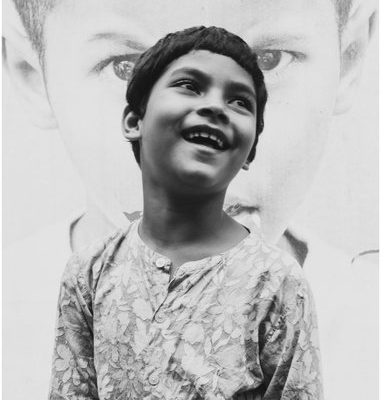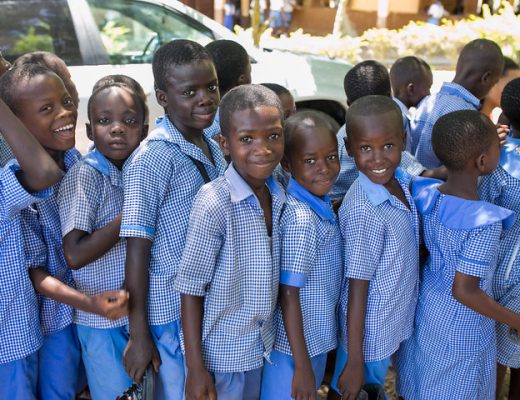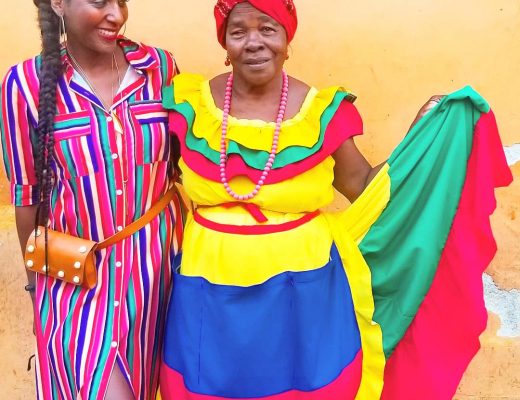The disproportionate number of COVID-19 illnesses and deaths in the Black community, coupled with the deliberating economic impact across industries have left many of us overwhelmed. As we grieve personal, professional, emotional and economic losses all at once, our support—both given and received—may look different. We are all dealing with so much and everyone is handling it in their own way. In these unprecedented times, that may test some friendships as social norms are forsaken and new patterns continue to emerge and evolve.
At the start of the pandemic, Tia Mowry-Hardrict suggested in a since-deleted tweet that by paying attention to those who reach out to you, you can thereby determine who your real friends are. The comment led to backlash from some followers; but, despite the controversy it sparked, the tweet opened the door to a meaningful and necessary dialogue. Can the same litmus test that we applied to friendships pre-COVID also serve us accurately during quarantine? And do our usual expectations of friends need to be adjusted in the current climate?
Holistic health and wellness coach Candy Calderón cautions that when it comes to friendships this isn’t about keeping score. “This is not the time to pass judgement, or keep tabs on who called and who didn’t because that makes everything about you.”
The temptation to be self-absorbed should instead be replaced by a loving self-focus. Life coach and certified yoga instructor Kelley Green advises that you can do this by strengthening the mind-body connection “[and] maximizing your psychological well-being with positive affirmations, meditation, yoga/exercise, eating healthy, and other activities you love.” Calderón elaborates: “It’s important that we gather the tools—whether it’s therapy, books, etc.—to be personally sustainable and be there for our own self.” Author and motivational speaker Lucinda Cross agrees, clarifying that “this is an opportunity to figure out how good a friend you are being to yourself versus how good a friend someone is being to you.”
Selection Is Key
As our internal work continues, external support from friends remains important. But selection is critical. “Our mental health is being tested on the daily,” Calderón says. “Boundaries by way of curating who has access to us must be applied to friends and sometimes, even family members.”
This pandemic is wreaking internal havoc and in some, amplifying already-existing insecurities. Recently I dealt with a friend who became increasingly competitive due to feelings of inadequacy. The more insecure she felt, the more damaging her behavior became. Her words and actions created a toxic environment that I knew could not be sustained.
“Negative and toxic energy affects our emotional, mental, and physical well-being which makes us more susceptible to experiencing depression and illnesses,” Green cautions. “You likely know a person who drains your energy and it’s perfectly fine to limit interactions with them. Setting boundaries may feel awkward in the beginning but they can spare you a lot of emotional pain in the end.”
Continue reading on Essence.com for the rest of the article, including a breakdown of the four friendships worth cultivating.




No Comments